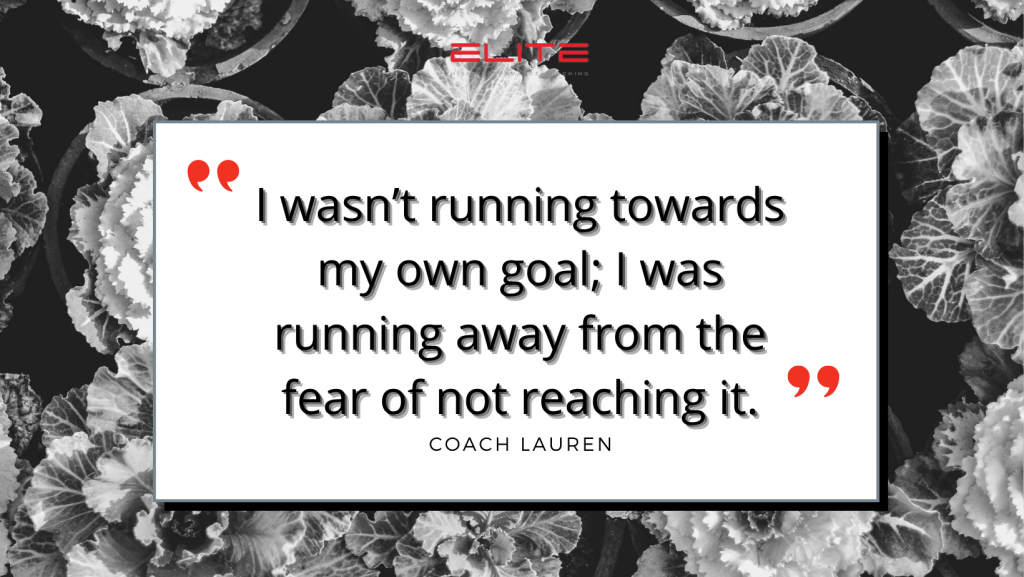
I remember back to the times (really not that long ago) when I was training 6+ days a week in pursuit of my athletic goals. By the time I was in college, it seemed like a completely natural thing for me to train my body in a way that helped me minimize the gap between where I was and where I wanted to be.
I had learned how to listen to the feedback that I was getting along the way—in every training session, workout, recovery, and game—I listened and gathered as much intel about myself and my state as I possibly could. I understood that to be the best hockey player I could be, I had to be the most prepared and to be the most prepared, I had to be educated.
But it wasn’t always like this. Sure, I have been working out or training 6+ days a week for what seems like at least a decade but it’s only been in these last few years of my life that it actually has gotten me to where I wanted to be. In my formative years of elite-level hockey, I punished my body. I had goals, I knew where I wanted to go, but instead of training my body to help me get there, I punished it for not being there already.
I had no idea how to gather intel about myself, so I compared myself to all of my teammates around me. I didn’t listen when my body, being stretched to its’ physical limits, caused me to feel pain and introduced the term “overuse injury” to me. I wasn’t running towards my own goal; I was running away from the fear of not reaching it.
I wasn’t running towards my own goal; I was running away from the fear of not reaching it.
That is one of the biggest self-sabotaging mindsets that I see in athletes today and it’s the biggest one that I struggled with as an athlete. The thought processes and behaviors that come from an athlete functioning off of fear are plagued with self-sabotaging decisions at every turn.
Whether it’s “push through the pain, you can’t afford to take a break” or “she’s still that much faster than you” or “you’re still not good enough”, this mindset can cause us to ignore all of that precious intel that we need as high performers.
The result? Athletes who overtrain and never give themselves enough credit. Athletes who chalk self-deprecation up to ‘humility’ and lack the ability to acknowledge and reinforce positive results. Athletes who end up in a spiral of negative thoughts, never-good-enough performances, and ultimately, exhaustion.
It’s more common than you think, and it’s more important, now than ever, to get athletes to understand the impact that these self-sabotaging behaviors have not just on their athletic results, but on themselves as human beings. If any of this sounds like you, or someone you know, it’s time to get in the mental gym to flip the narrative and start curating your own high-performer mindset.
-Coach Lauren


